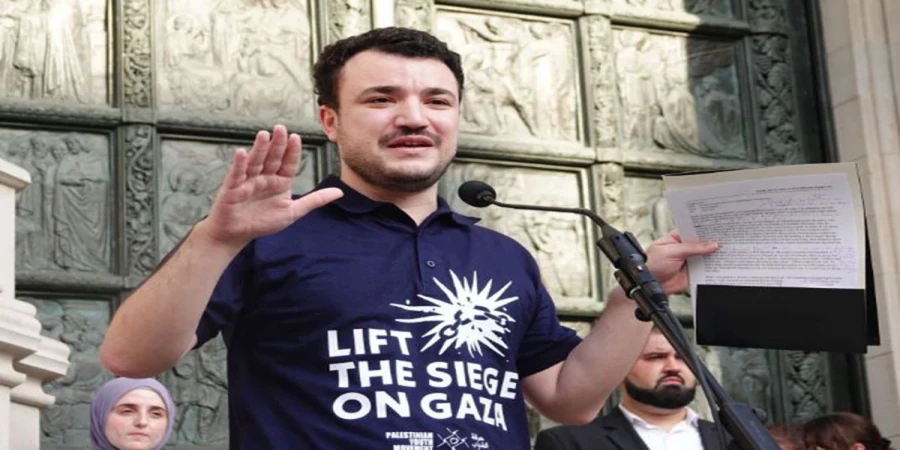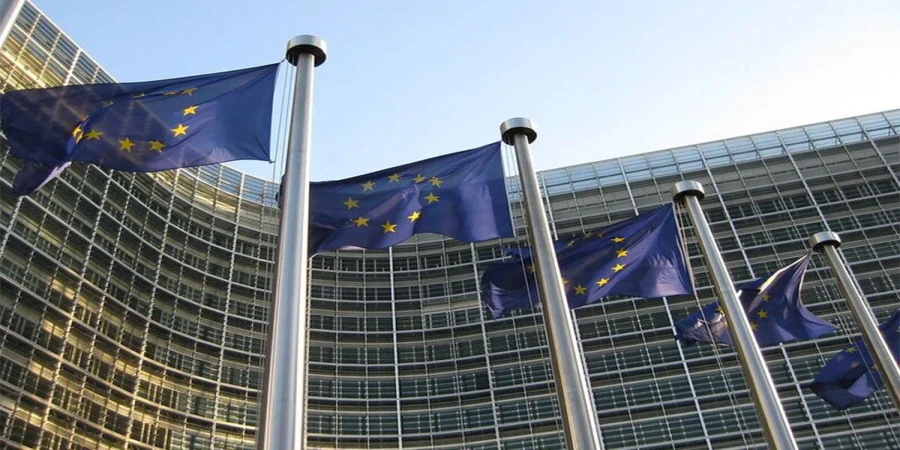
ছবি: -Collected Photo
A federal judge in Louisiana has ordered pro-Palestinian activist Mahmoud Khalil to return to either Algeria or Syria, ruling against his bid to remain in the United States. The decision came on Wednesday after Khalil failed to disclose key details in his green card application, which the court said amounted to intentional misrepresentation.
The judge noted that Khalil withheld critical information during the immigration process, an omission interpreted as a deliberate attempt to conceal his background. As a result, the court determined that he should be repatriated to one of his countries of origin rather than allowed to continue residing in the US.
Khalil, however, rejected the ruling as politically motivated. In a statement issued shortly after the court decision, he accused the Trump administration of using immigration laws as a tool to silence dissenting voices. “It should surprise no one that this administration is curbing my freedom of speech by pursuing such measures,” he said, insisting that his activism was the true reason for his legal troubles.
Khalil is a lawful permanent resident of the United States. His wife holds US citizenship, and together they are raising a child. Despite these ties, his residency has been under threat for several months. Immigration authorities arrested him three months ago, citing his role as a leader in pro-Palestinian movements. Although he was granted conditional release in June, he has since faced ongoing pressure, with repeated warnings of potential deportation looming over him.
His personal history has also drawn public attention. A former student at Columbia University, Khalil became a recognizable figure in pro-Palestinian activism across American campuses and beyond. His outspoken positions and leadership roles made him a target of scrutiny at a time when political debates over Middle East issues have increasingly intersected with immigration enforcement.
The ruling marks a critical juncture in Khalil’s legal battle. By directing him to Algeria or Syria, the court has effectively removed his ability to remain in the US, even though his immediate family lives there. For his supporters, the order is seen as part of a broader crackdown on activists critical of US foreign policy in the Middle East.
Human rights observers argue that deporting Khalil to either Algeria or Syria could expose him to political persecution. Both countries have tense histories regarding dissent and political expression, raising concerns about his safety if forced to return. Advocacy groups in the US are expected to appeal to higher courts and push for an intervention that might allow him to stay with his family while his case is reconsidered.
The case has also stirred debate about the boundaries of immigration law in relation to political activism. Legal experts note that while the court emphasized Khalil’s omission on his residency application, the broader context cannot be ignored. His history of advocacy, they argue, played a significant role in shaping the government’s aggressive pursuit of his deportation.
For Khalil himself, the struggle is far from over. He maintains that his activism is rooted in human rights and the defense of Palestinian voices often marginalized in international forums. Whether his appeal gains traction or not, his case highlights the ongoing tension between immigration enforcement and political freedoms in the United States.
As the legal fight continues, Khalil’s future—and that of his family—remains uncertain. What is clear, however, is that his story has become another flashpoint in the complex intersection of Middle Eastern politics, US immigration policy, and the right to free expression.
repoter





